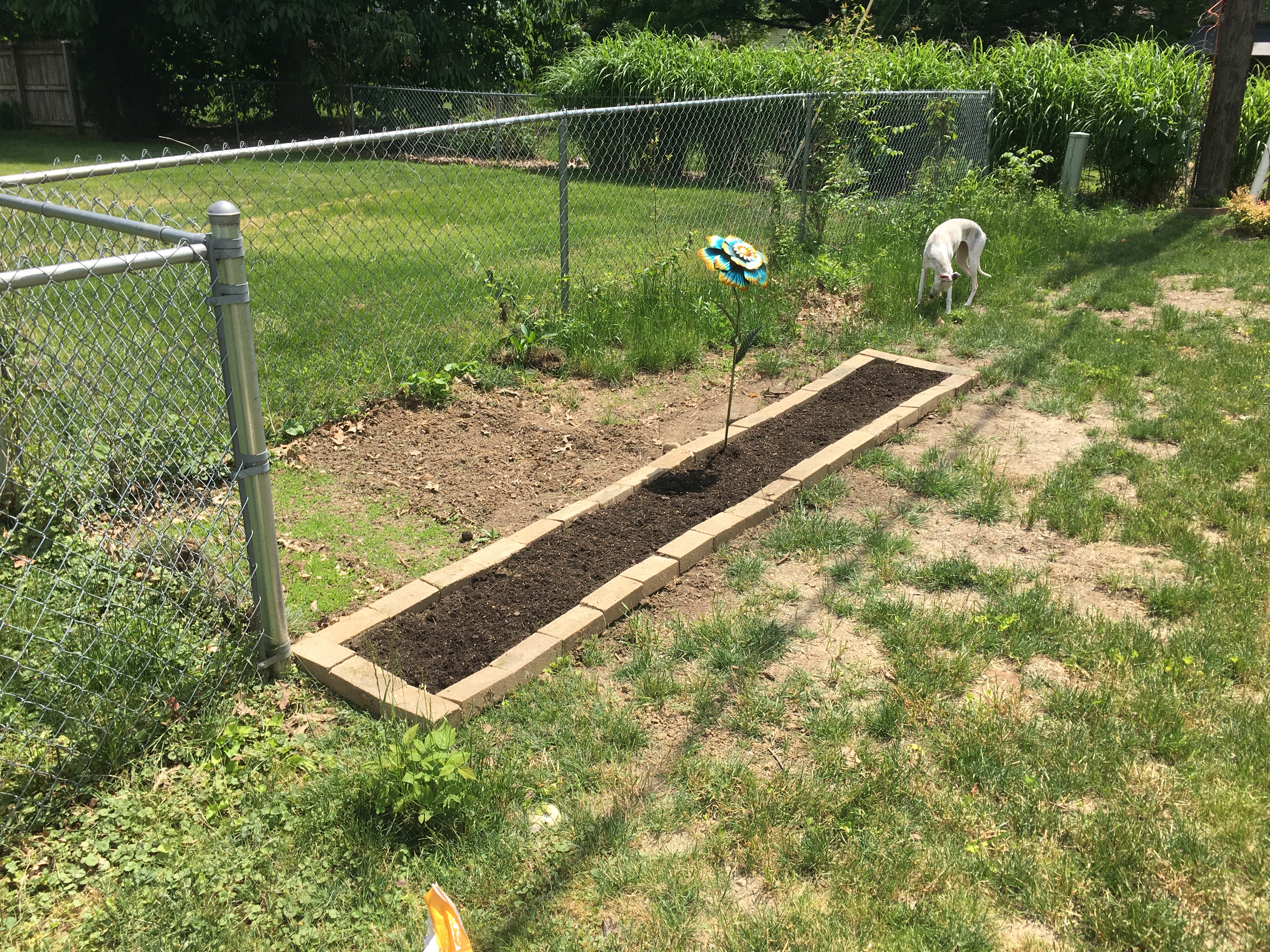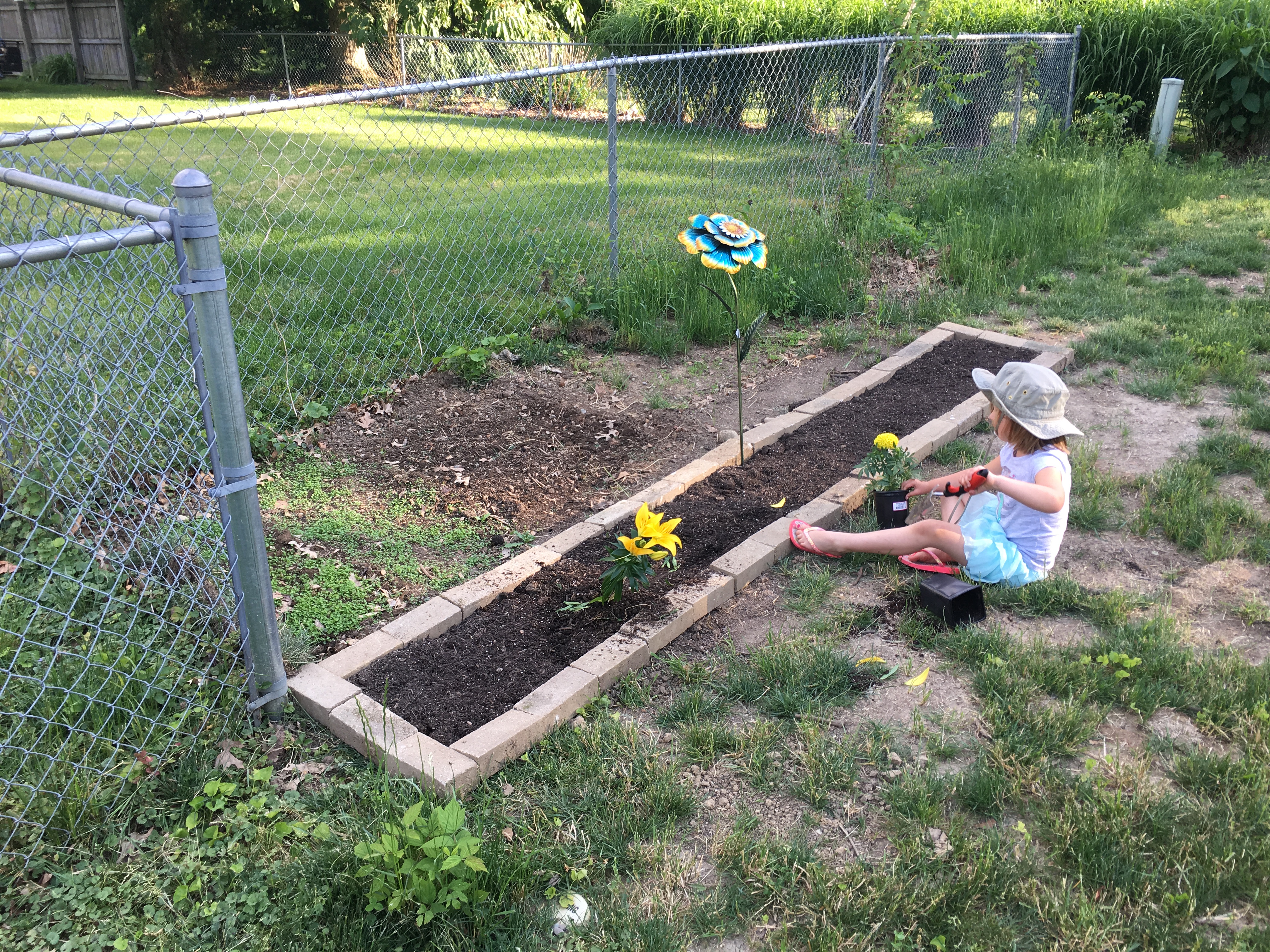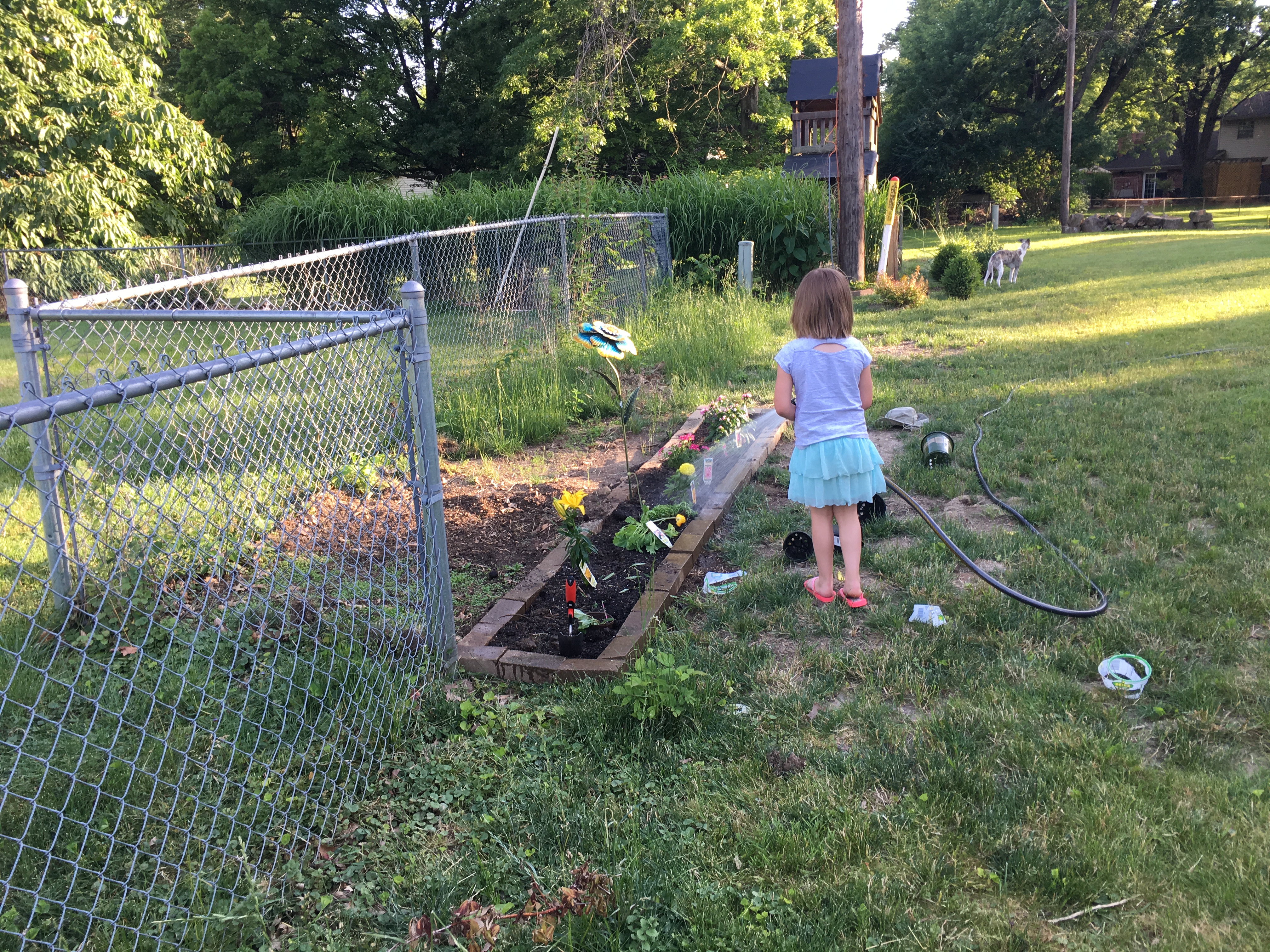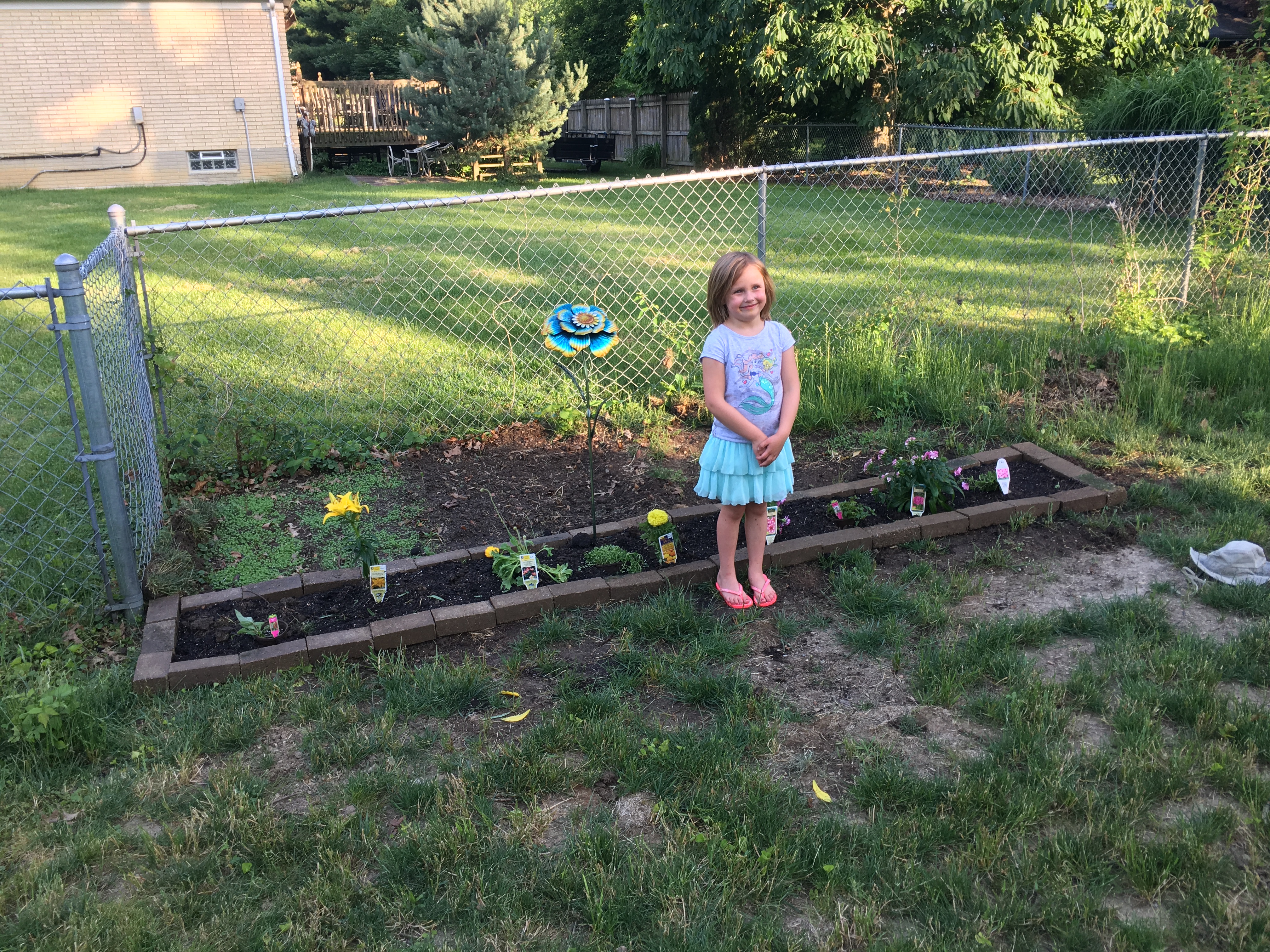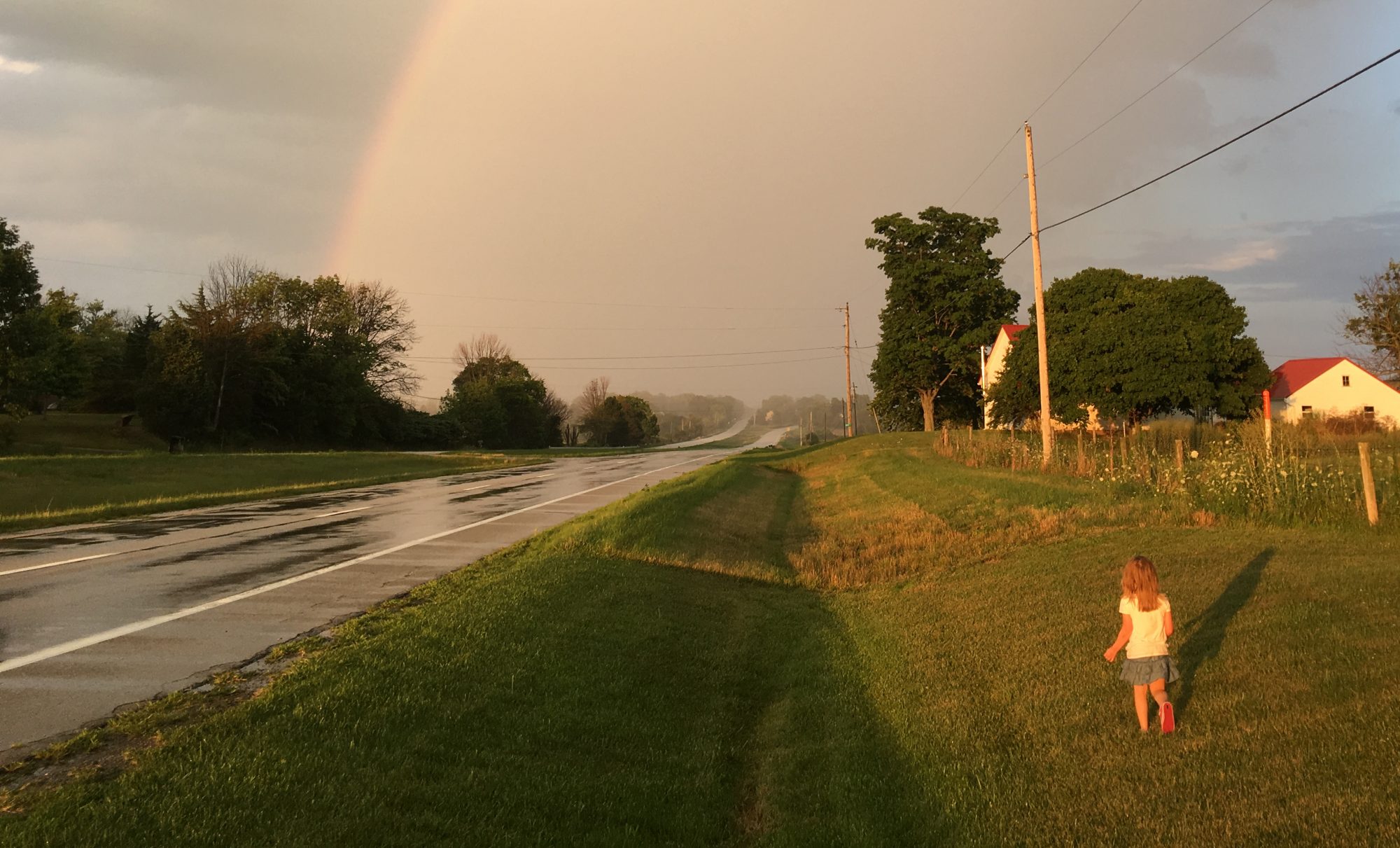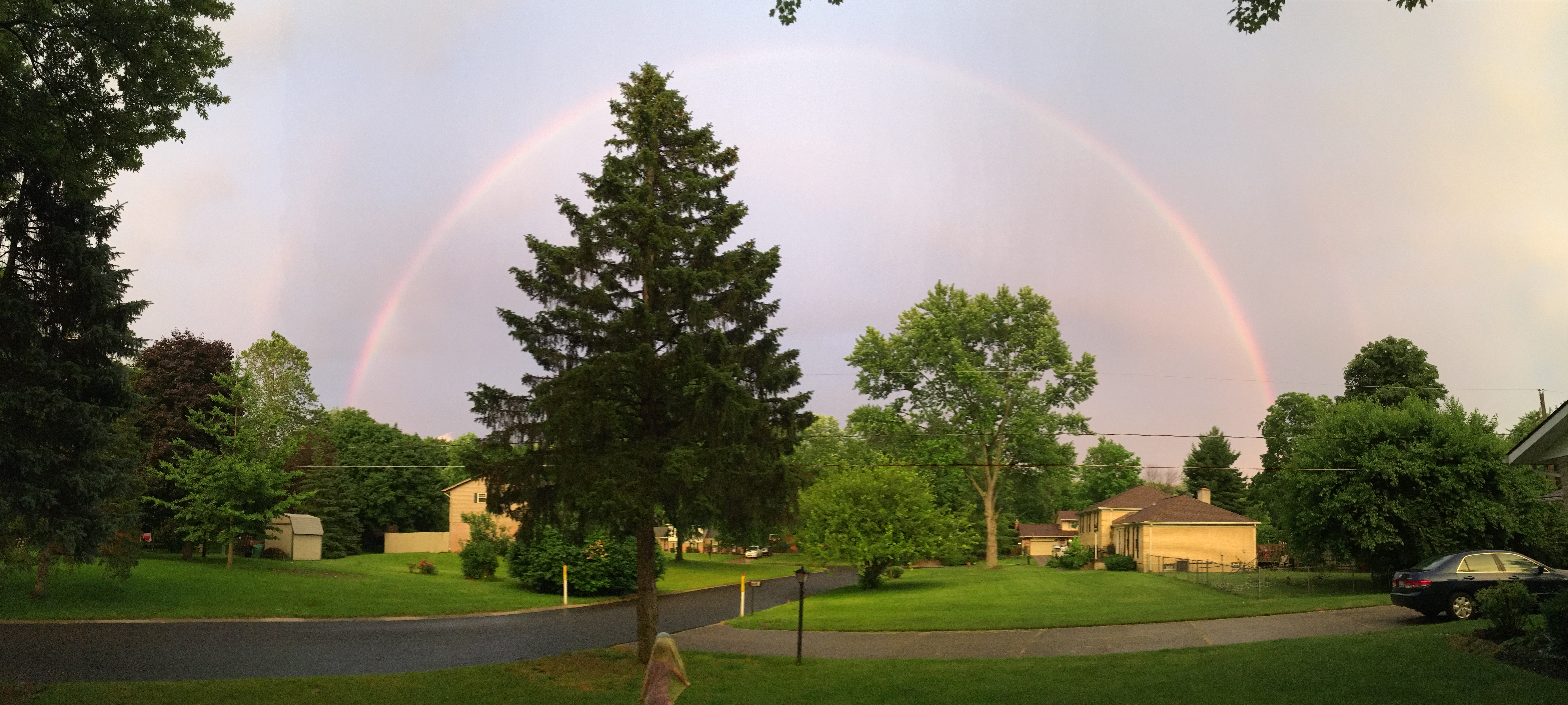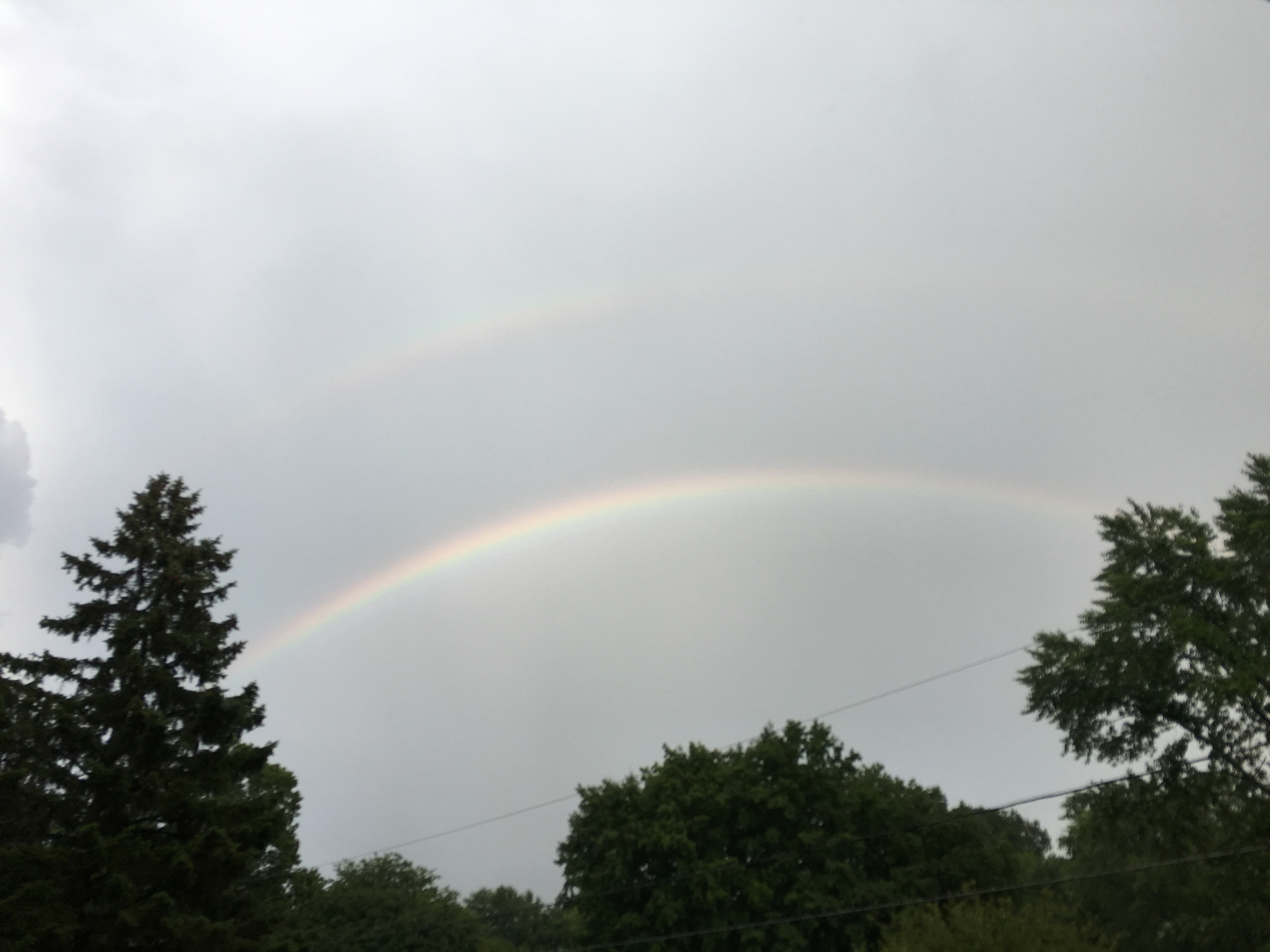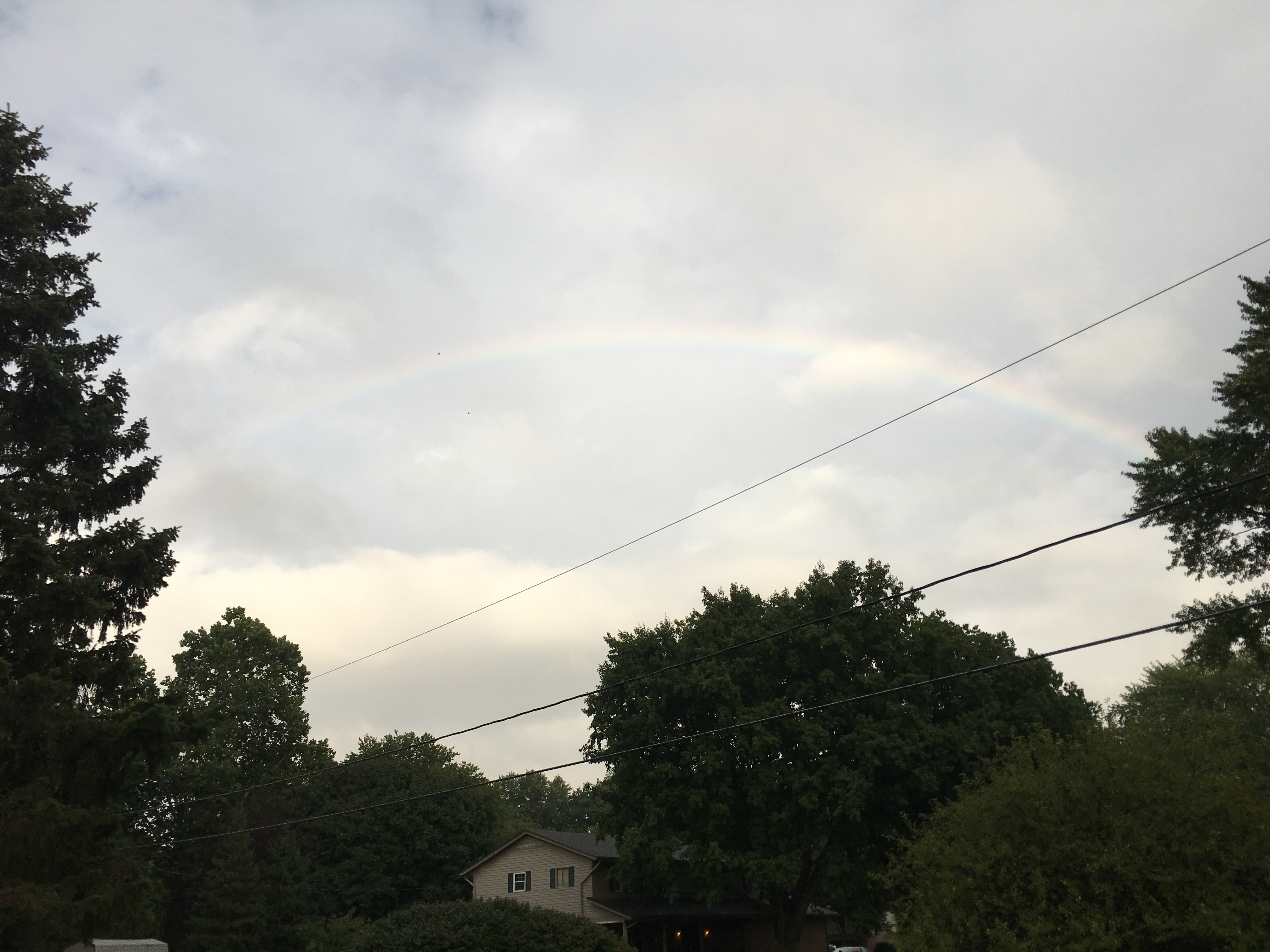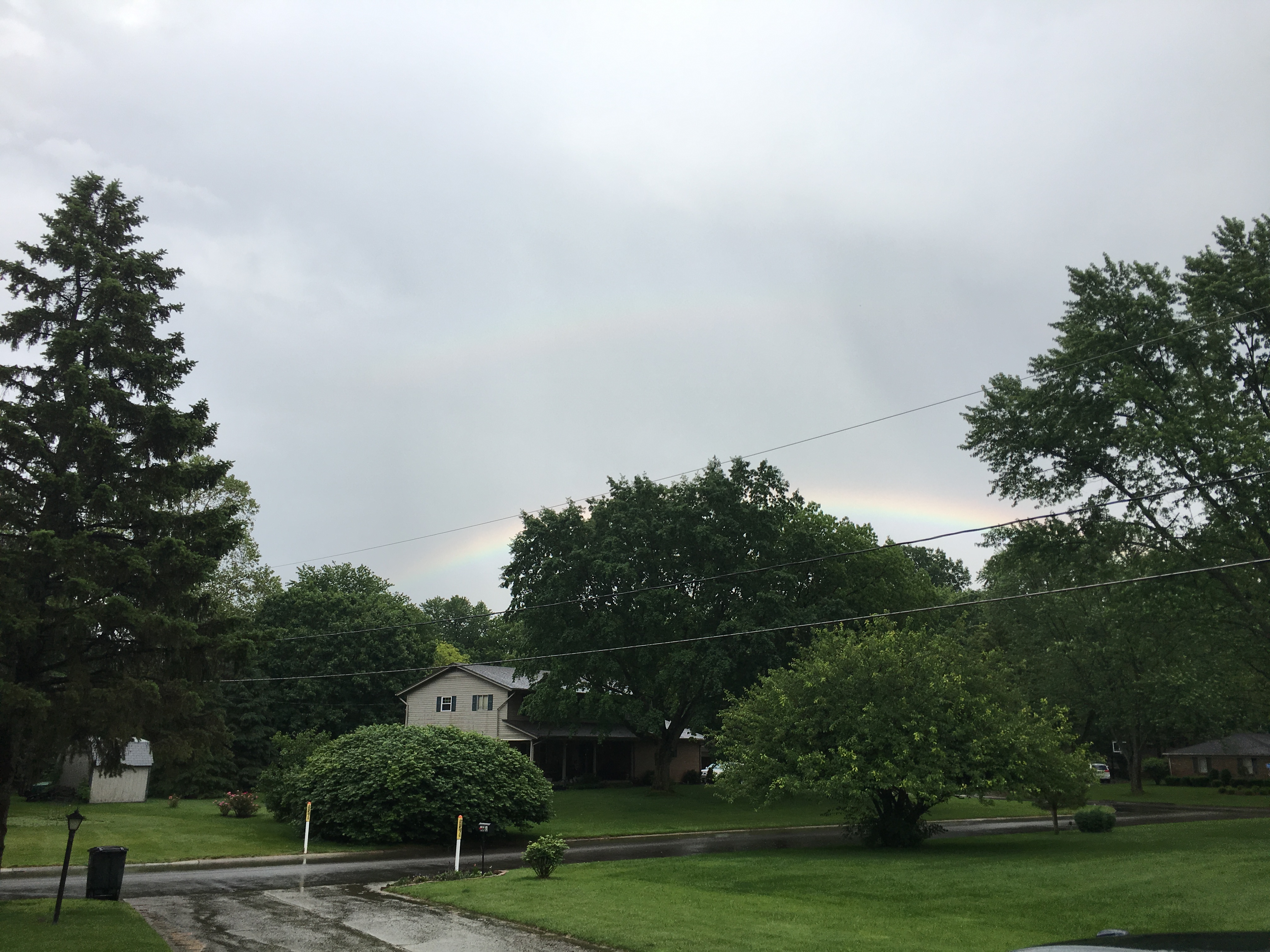After an especially grueling day of work, followed by an evening of yard work, I found myself in a rare moment of solitude after the kid had gone to bed without complaint. So to wind down and enjoy this moment, I poured some vodka and booted up Oblivion.
This current character has completed the quests I normally enjoy, and while many more remain, I didn’t feel like being productive, even to the extent of doing favors for imaginary people while I sit on the couch and drink vodka. I therefore simply sat, debating what to do, in the city of Anvil, watching the townsfolk go about their lives as the pleasant music set a relaxing ambiance.
I admit, I’m a pretty useless Archmage and Fighter’s Guild Master, not that that’s my doing. After achieving the highest rank, there are no more quests. The closest thing I could do that would count as academic research befitting an archmage would be to gather ingredients and mix potions, or perhaps find new spell combinations. But again, I didn’t want to be productive. I wanted to enjoy my character’s semi-retirement and do some aimless wandering like the washed-up warrior/academic I was. So I set out on the Gold Road, in the only direction one can leave Anvil. Perhaps that’s why I like the city so much–it’s the end of the road. My goal, if it can be called that, was to have a micro-adventure; I simply wanted to waste time and see if there was anything I hadn’t noticed before.
I wandered up to the Brina Cross Inn, picked some strawberries, then went inside. Apart from the barkeep and random client, no one interesting was within, for those interesting characters were quest-related, and have since departed upon the quest’s completion. The inn reminded me of Gottshaw Inn–that mystery inn further up the road that seems to serve no purpose. Perhaps I would visit it and find a purpose.
I left the Brina Cross and continued my journey with renewed purpose. Shortly up the road, however, I stumbled upon this tragic scene:
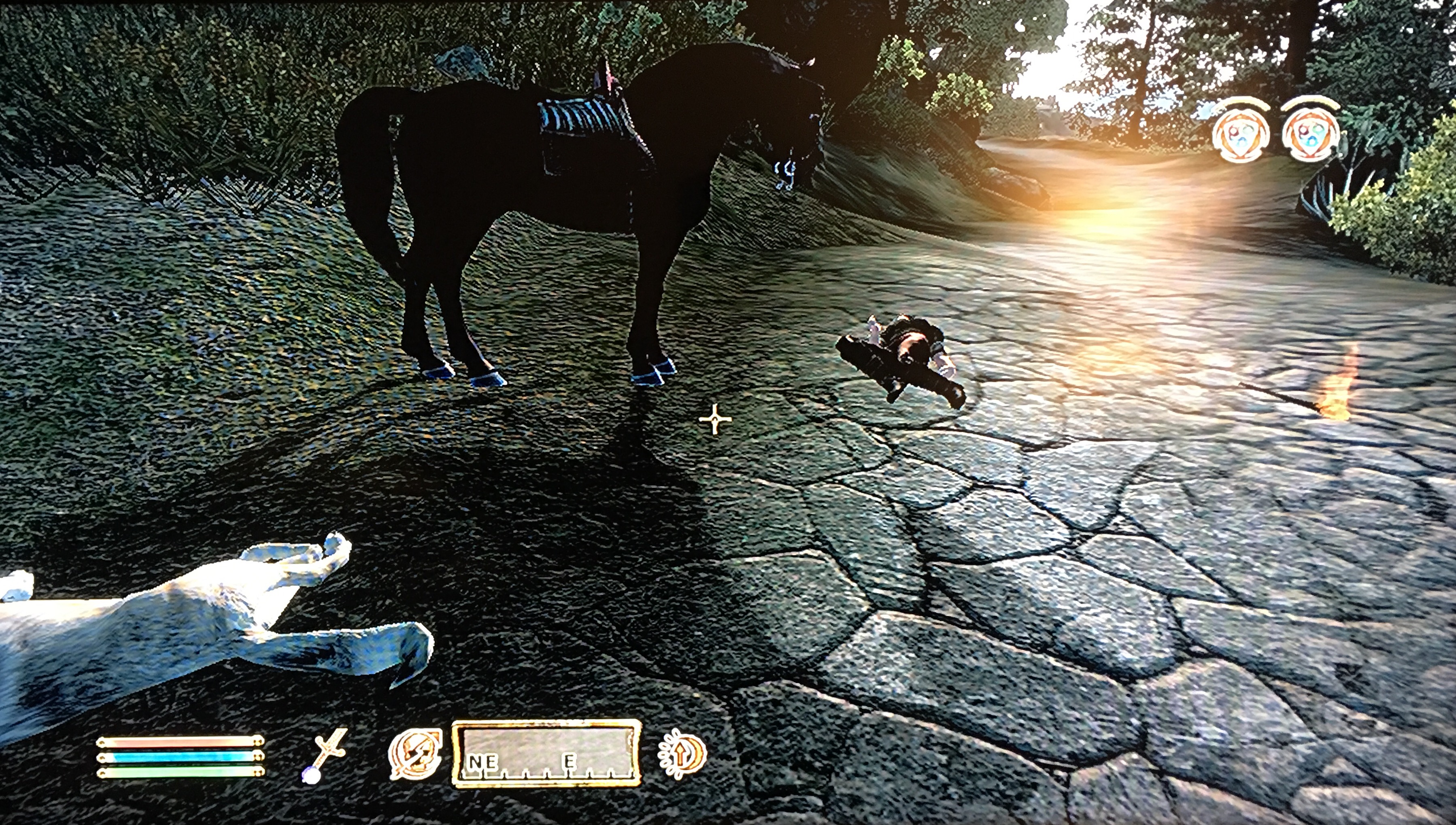
The recently departed was a Black Horse Courier–a deliverer of state-sponsored tabloids. What a sad cause to die for. Apparently she had been fatally wounded by that wolf lying nearby. Maybe her noble steed had finished the wolf off. Either way, the battle must have been recent, as her torch lies, still lit, in the road–almost like a flare. Had I arrived just a little sooner, I could have saved a life. Alas, such is the danger of Tamriel. Since the game mechanics don’t allow me to bury bodies, I simply left. Shortly up the road, however, came an imperial soldier. The game didn’t allow me to inform him of the death either, but he was about to stumble across it anyway. This brought me closure, and I continued my journey.
Shortly thereafter, I reached Gottshaw Inn. I explored the exterior first, picking a few flowers. An empty stable sat, presumably intended for the weary traveler. In the stable, I noticed a small living area.
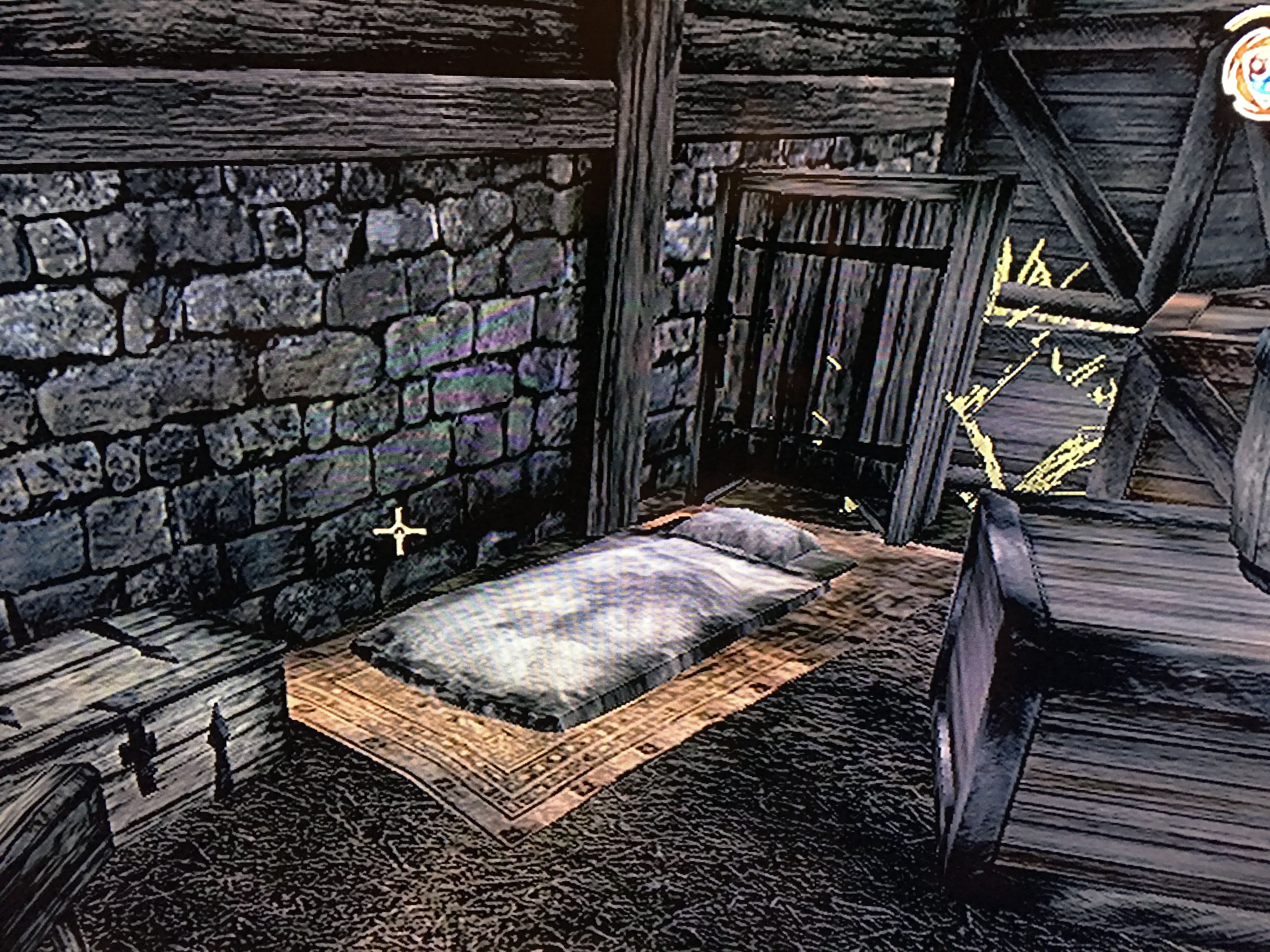
As I was purposefully not engaged in any quests at the moment, I pondered this sight way too long. Who slept there, and why? Maybe, in an act of charity, the inn’s owner had supplied sleeping arrangements for the traveler who couldn’t afford to rent a room. Maybe I would find the answer inside.
The proprietor had little to say. The inn’s only visitor, aside from myself, was an imperial soldier who had apparently forgotten his helmet. He also offered little information, but I concluded with no evidence that his government stipend was already spent. He continued drinking ale, not moving. Maybe he had sold his helmet to cover the costs of his drinking problem, and out of pity, the inn’s owner had supplied him those living arrangements outside in the stable.
Upstairs, the rooms were locked, so I poked around the common room. I noticed a painting on the wall and took a closer look.
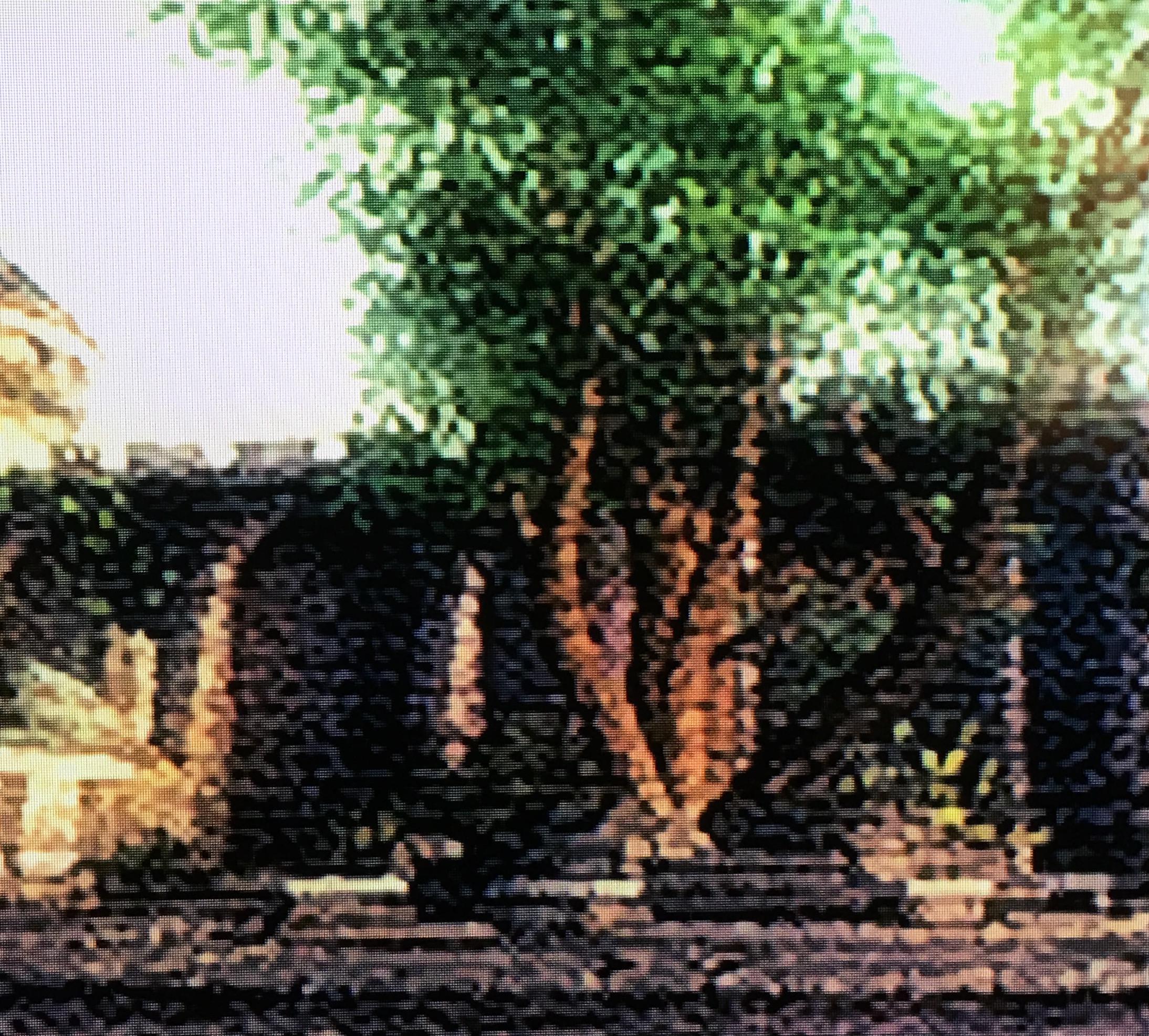
I pondered, concluding that it invoked familiarity, as if I had been there before. Maybe there was a local impressionist artist. There wasn’t much to go on, but the buildings seemed to be of the unique Anvil style, and since this inn was in County Anvil, Anvil seemed like a good guess. If it was truly impressionist, then the scene actually existed. I vowed to find it.
I meandered back down the road to Anvil as a storm started rolling in. Fortunately for the sake of my personal quest, the trees were pretty sparse in Anvil, and only two were planted within stone circles like those depicted. I sought the more secluded of the two first, thinking that was a more comfortable place for a painter. But after circling the tree repeatedly, nothing seemed to line up in a way similar to the painting, so I went back to the main gate, and the tree in the main square.
As before, I circled the tree. That right branch, the shrub, the buildings on the left. Gradually, things aligned.
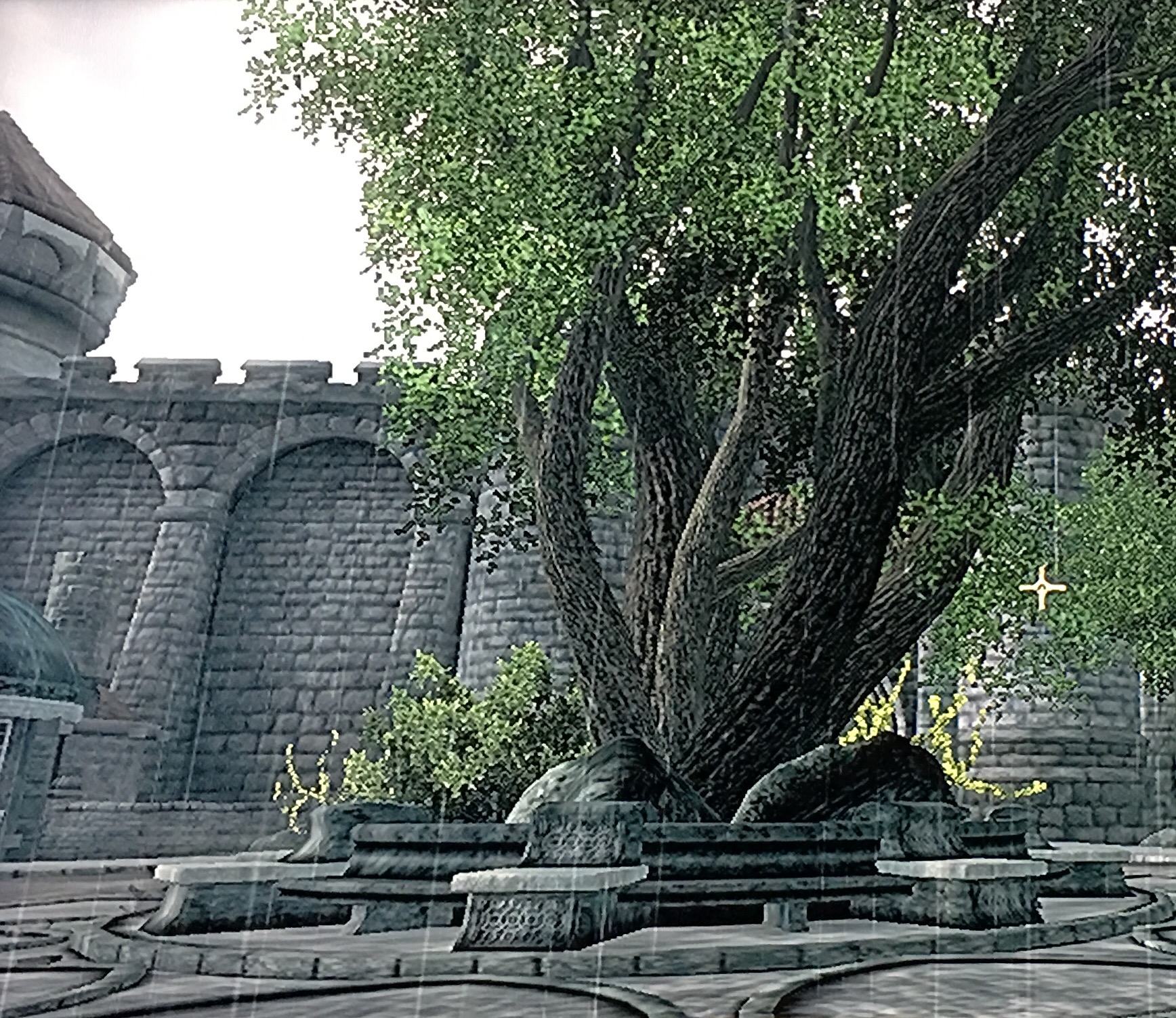
While not perfect, things may have changed slightly since the painting was made. After aligning this image, I reviewed my surroundings and found myself standing on the sidewalk, next to the local Mage’s Guild hall, against a street lamp. I was convinced that this is where the artist had stood–out of the way of traffic, capturing the main thoroughfare by the main gate.
I had considered before if the assortment of paintings scattered throughout the game were of in-game places, but I had never spent the time to seek one out. Turns out, for this one painting at least, it was. Once again Oblivion had something more to offer–something most people would never notice.
But how far did this go? Was it possible to find the painter? From memory, I recalled a easel on the dock. I went to investigate. I found it, but it was raining and late, so no artist was out. Patiently, I waited. Eventually, the rain stopped and the sun rose, and the artist revealed herself.
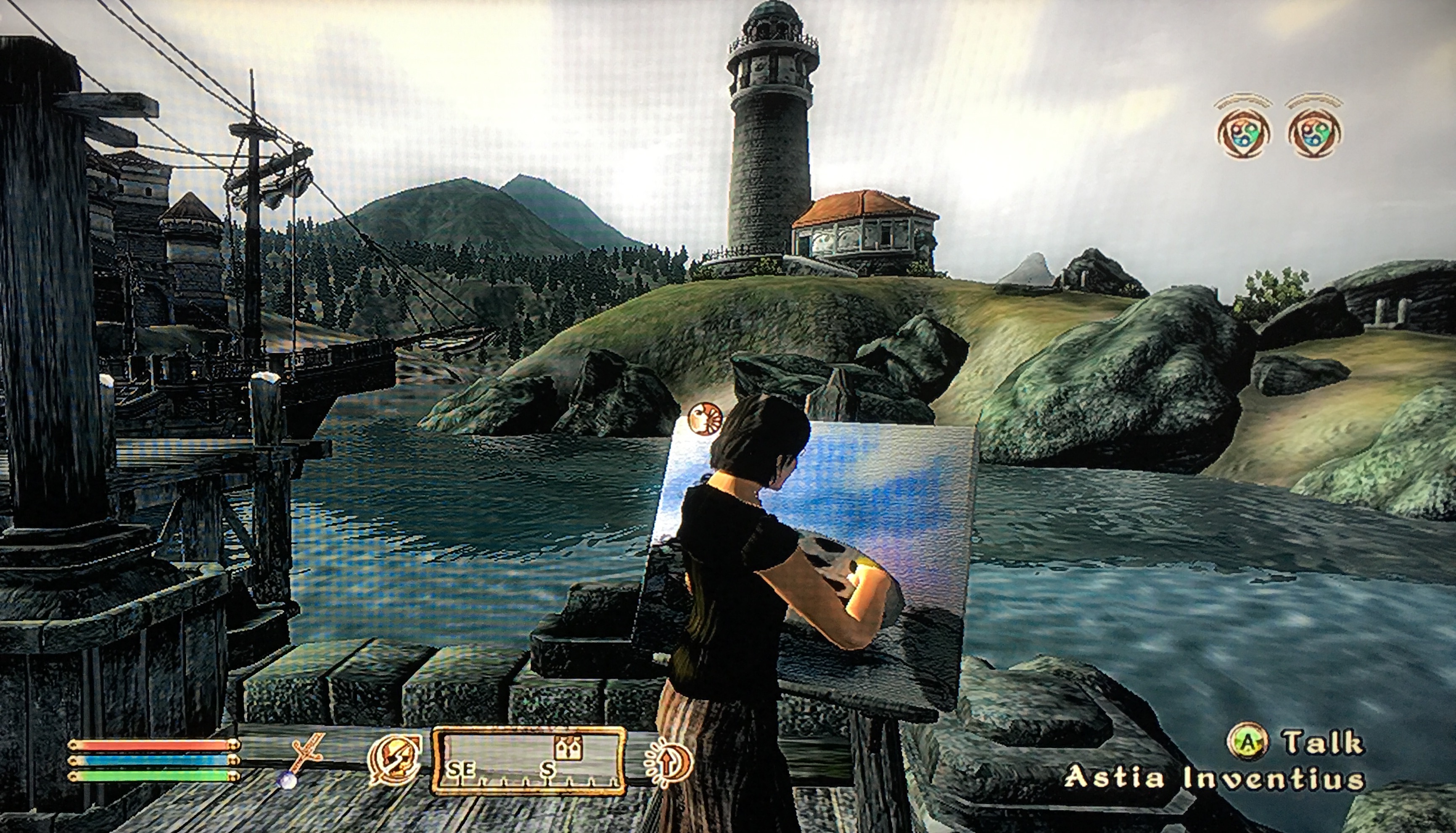
As in the true impressionist style, she was painting the scene before her. I approached, but she wouldn’t talk about her work. Astia Inventius–I recall the Inventius name. Pinarus Inventius was an early quest-related NPC. Together, we hunted down some local mountain lions. Also, many a time on my way into the city, he had stood in a particular spot, between a tree and rock–rock and a hard place I guess. I always wondered why, but he never mentioned it. During that lion-hunting quest I had first approached Astia and inquired as to her husband’s whereabouts. She had not responded kindly, mentioning his general uselessness around the house, in a manner befitting a 90s sitcom. Now, as I was talking to her, she said some unkind words about the men in general of Anvil. So, as all artists, she had some personal problems. I decided to follow her discreetly. Perhaps I could spend some time in her shoes and get to know the artist.
As dusk neared, the street lamps came on, and Astia packed up and left. I followed her back inside the city, where I thought she might go home. But instead, she continued through the city to the main gate, even passing her husband en route. Yet, neither acknowledged the other–definitely some marital problems. She left through the main gate and made for Pinarus’ spot, between the tree and rock. Curious. She had just seen him, so she couldn’t possibly be looking for him. She stood, lost in thought. I considered her reasoning.
Maybe Pinarus and Astia both pined for earlier days, when their relationship was young and passionate. Maybe this place had special meaning to them. Maybe they met here. Maybe he proposed to her here. Maybe the truth was sadder. They were childless, so maybe a tragedy had befallen their family on that spot. I approached, and she greeted me in a friendly manner, but wouldn’t discuss anything beyond idle rumor and her disdain for the townsfolk.
After two hours, she left and headed home. Pinarus was already home. Neither ate, and they only exchanged a few bits of passing smalltalk. It was a troubled marriage indeed. Eventually, they both went to bed, although Pinarus kept his boots and gauntlets on. I, not wanting to stare over them as they slept, saw myself out.
A local artist–general discontent with men, a troubled marriage, and no child. I felt for this woman, and wanted to offer words of comfort, yet the game wouldn’t allow it. I can, however, bring her flowers and leave them on her doorstep, as a simple kindness.
I know of one other artist, in Cheydinhall. I will pay him a visit and seek out his paintings as well, though I already know his secrets.
–Simon
